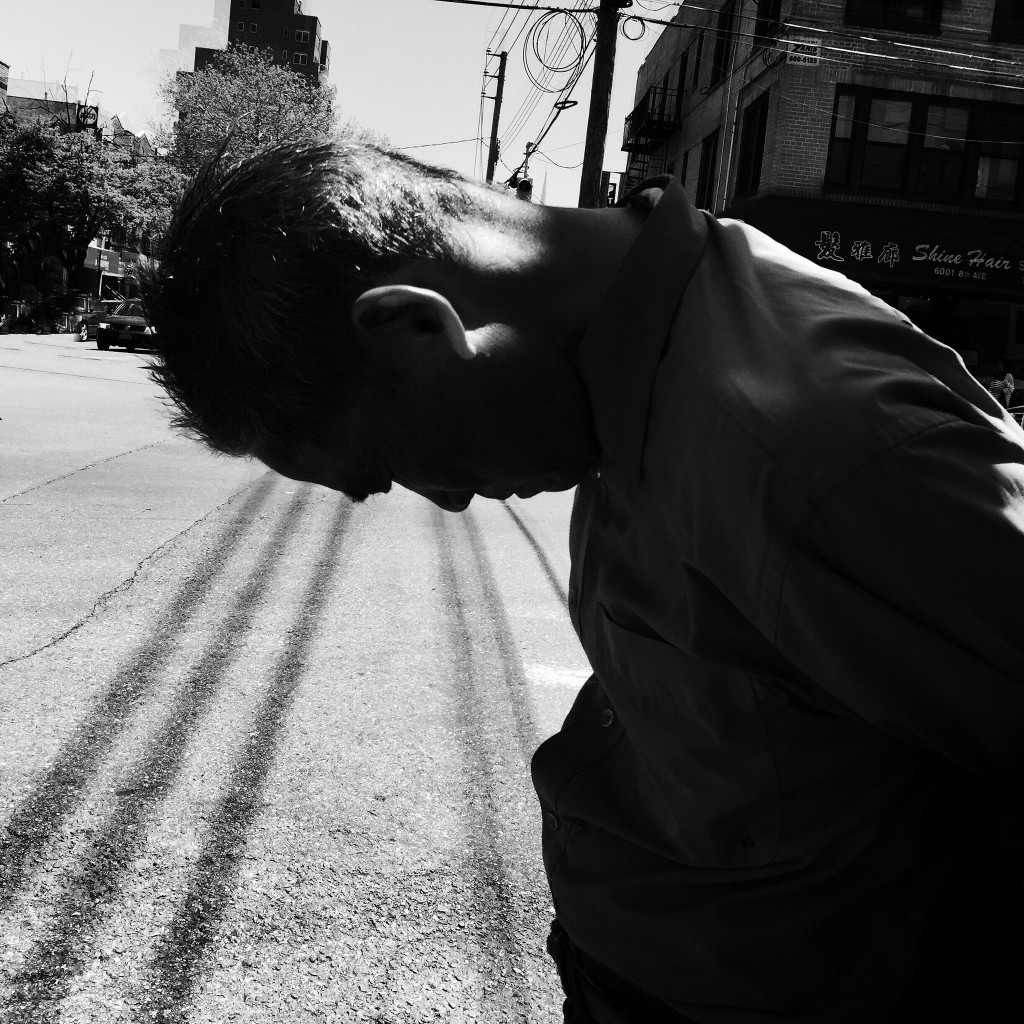This is the first in a series of interviews I am doing with photographers whose work I admire. To kick things off I did an interview with one of my favourite photographers: Sheldon Serkin.
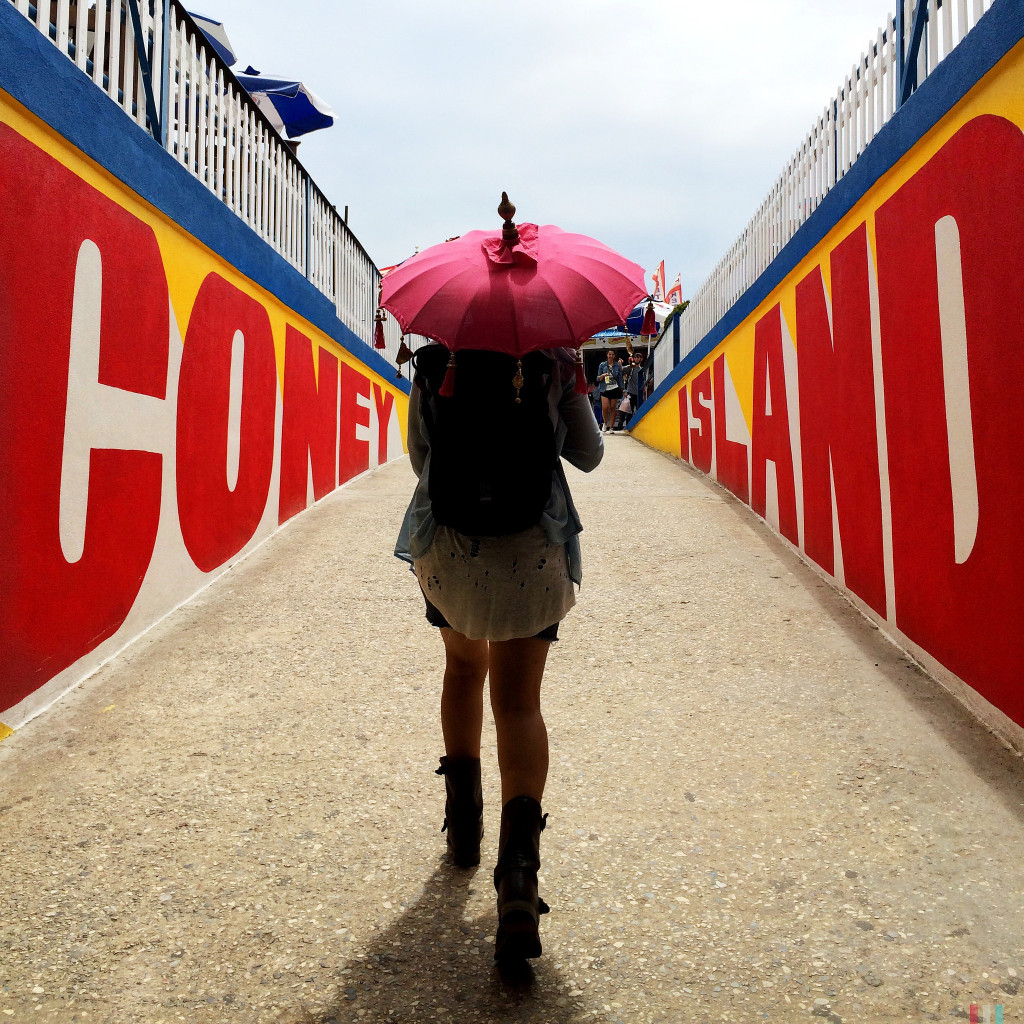
When I read the tweet and learned that Sheldon Serkin had won the 2014 Mobile Photography Awards Grand Prize, I left a loud whoop out of me. I was delighted! For a long time, I had been following Shel’s work, both on Flickr and Instagram and had become a big admirer of his wonderful, humourous, emotive and tender portraits of New Yorkers on the go. That he had won the Grand Prize with such a wonderful submission of mobile street photography was something I was thrilled about.
It seems that nowadays anyone who picks up a camera wants to be a street photographer, and why not? It is a great hobby and I am a long-time believer that through street photography we can become more compassionate to each other and to ourselves. And this is where Sheldon excels. He has this ability to discover the surreal and beautiful among the daily grind of big city life in New York City. His images, while they allow us intimate glimpses of those he photographs, are never intrusive. There is a tenderness and a truth about them.
I remember the first time I came across his work seeing an image of some guy in New York doing something on the streets, I can’t remember what exactly, but what I do recall with clarity is that when I read the title and saw that it was a person’s actual name, it caused me to look at the image again. To my amazement, I realised I was beginning to see more in the image. My imagination was sparked. It was like I had been introduced to this person and we were on a first name basis. This was Morrie, Conrad and Sabrina. Sheldon’s images bring you in to meet the characters he photographs. He does the introductions and then leaves you to get to know one another.
I think Daniel Berman, of the Mobile Photography Awards, put it well when announcing Shel as the Grand Prize Winner for 2014:
“He rips out the truth, whereever he finds it, and kicks it around for a while. Gently. His work has the gift of being both funny and sad, simple and grand, complex and straight-forward. That’s what makes his images stand out. Truth. Honesty. Empathy. His work ultimately brings us closer to who we are as people.”
I could go on and on about Sheldon, but let’s hear from the man himself.
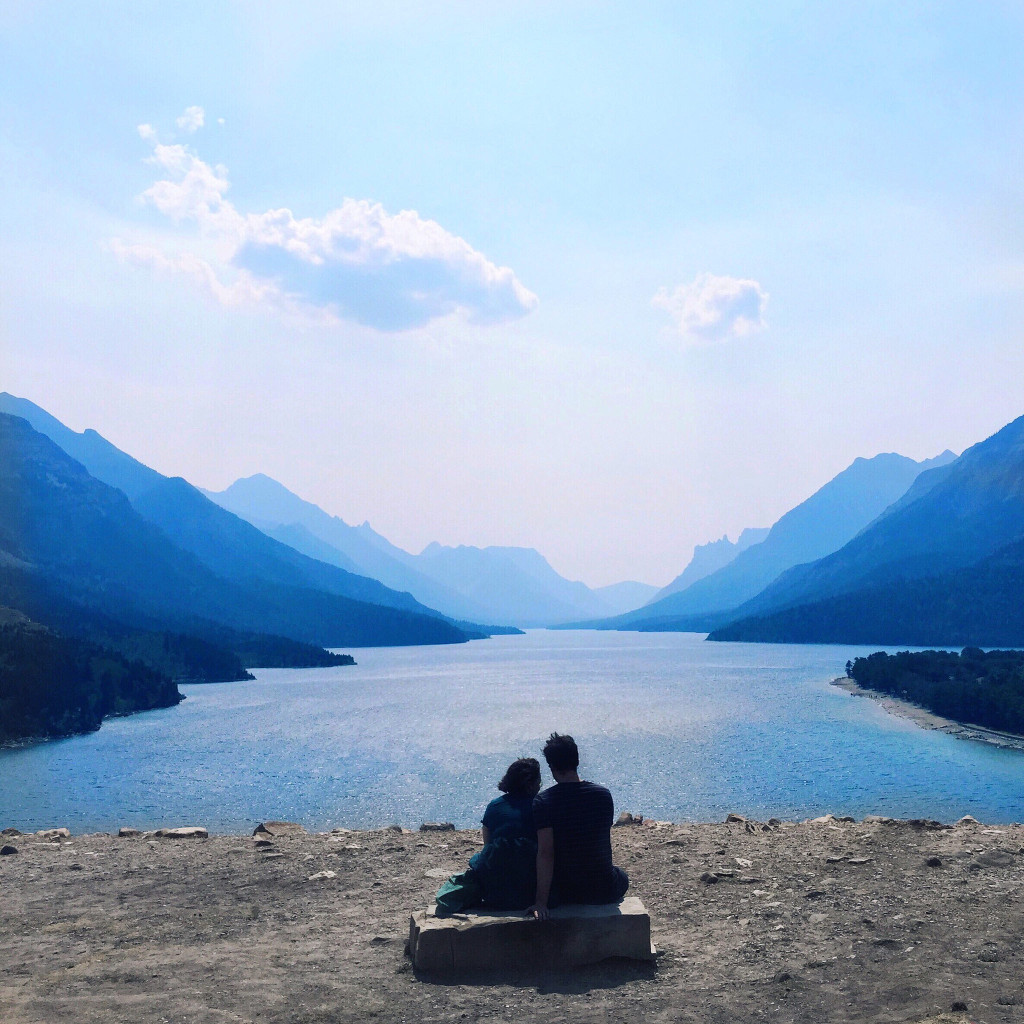
Sheldon, thanks for taking the time to do this interview and to share you work here.
Can you tell us a little about yourself?
Hi Brendan, thanks so much for this opportunity to speak with you! I was born and raised in Canada and I’ve been living in New York City for about 25 years. I first arrived to attend film school, and loved it so much I’ve continued on these many years. Currently I work in the non-profit world and live in Brooklyn with my wife, Tali, and our two children.
Tell us a little about your photography journey?
I’ve been obsessed by movies and filmmaking since I was very young (an obsession sealed by “Star Wars” in 1977) so always looked to film as a means of self-expression and an outlet for creativity. As I got older, my ambitions waned, whether as a result of incoming family, disenchantment with the film industry, or my own personal brain activity. For a long period of time I didn’t pursue any type of creative work in any medium. That all changed when I got my first iPhone five years ago. Within a week of getting the 3G, I was shooting every day on the streets and in the subways of NYC. The ease and inconspicuousness of the device opened the floodgates.
How long have you been shooting street?
I’ve been shooting for five years now, every day, obsessively.
What is it about street photography that appeals to you?
I have a love/hate relationship with people. On a personal level, I do experience some anxiety interacting with other humans – acquaintances, neighbors, etc. Shooting street allows me to get to know people, empathize with them, feel what they feel and experience what they experience without any messy interactions beyond their appearance in my lens. No interaction is key, I think, because it gives me the freedom to determine who they are and what they feel and shoot accordingly. For example, I may see a man on the train who seems sad; capturing them, I, and hopefully the viewer, can project whatever story or situation onto the subject that speaks to me, even though what’s really going through the subject’s mind in that instant is, “I need to pick up milk”.
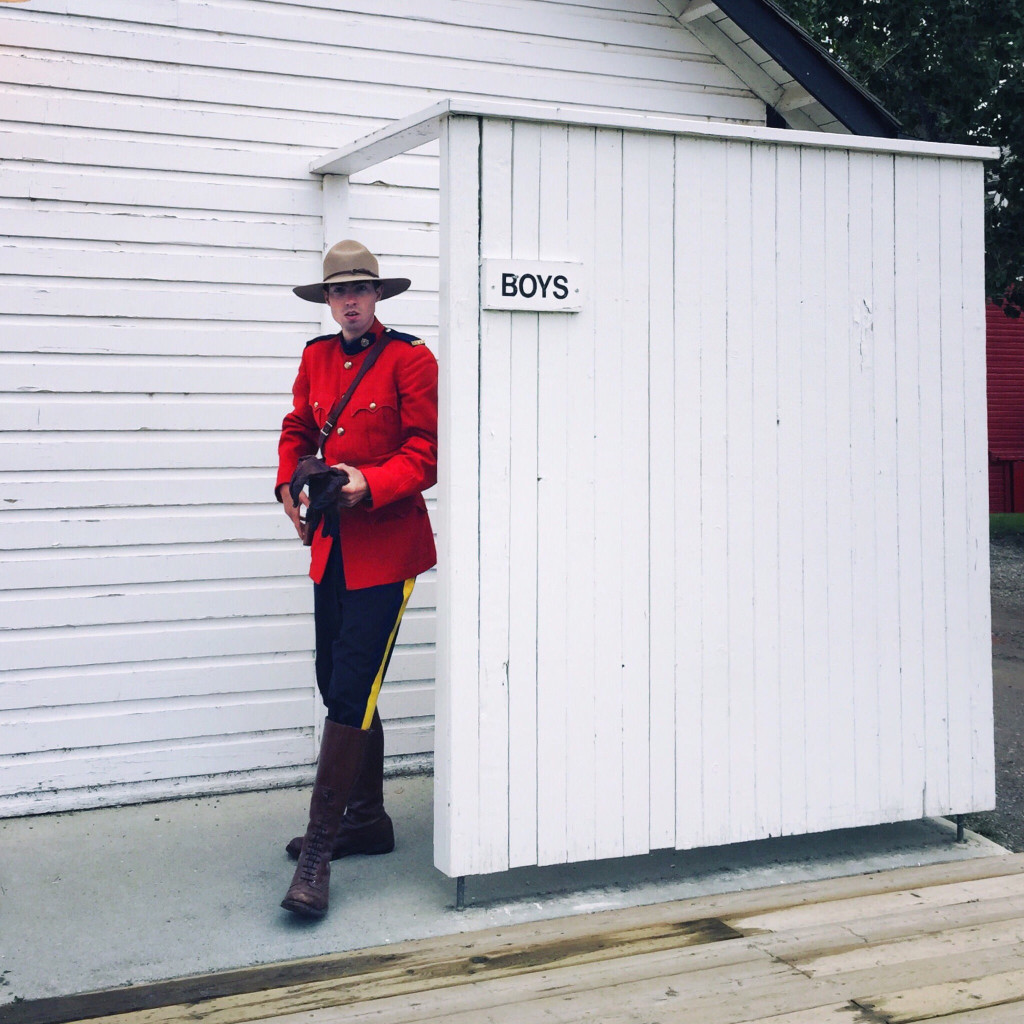
Is it only with an iPhone that you shoot?
Yes, only iPhone. It feels comfortable in my hand, there’s no viewfinder, I can use it as a third eye and not need to look at the frame I’m capturing.
You present the streets of New York so well, but I wonder is there anywhere else in the world you would like to shoot?
I love shooting in NYC, and have loved shooting in Canada and Israel as well. I would LOVE to shoot in India, Mexico and Japan – your photos of Tokyo sealed that deal.
Do you have any projects in the pipeline?
No specific projects, though I keep hoping one will crystallize in my head. I plan to just keep shooting daily and enjoying the results.
Tell us a little about your workflow; do you tend to post photos immediately or let them marinate? Do you use many apps?
A combination of both, really. If I go out for the sole purpose of shooting, I tend to post one photo immediately, usually the one I think is the best. However, I’ve realized that 99% of the time my first instinct is wrong, and that there are others more successful or surprising images. I’ll go back a couple of weeks later to survey what else there is and if any of it is interesting. Sometimes a memory of a shot will pop into my head, and I’ll scurry to my camera roll to revisit it.
I shoot pretty much exclusively with Hipstamatic, which is both out of habit and because I have a few lens/film combinations that I love. I use a limited number of additional apps: Filterstorm, Snapseed, Enlight and Touch Retouch are go-to apps for me. I would love to use VSCO more, but haven’t had the patience to differentiate between the filters.
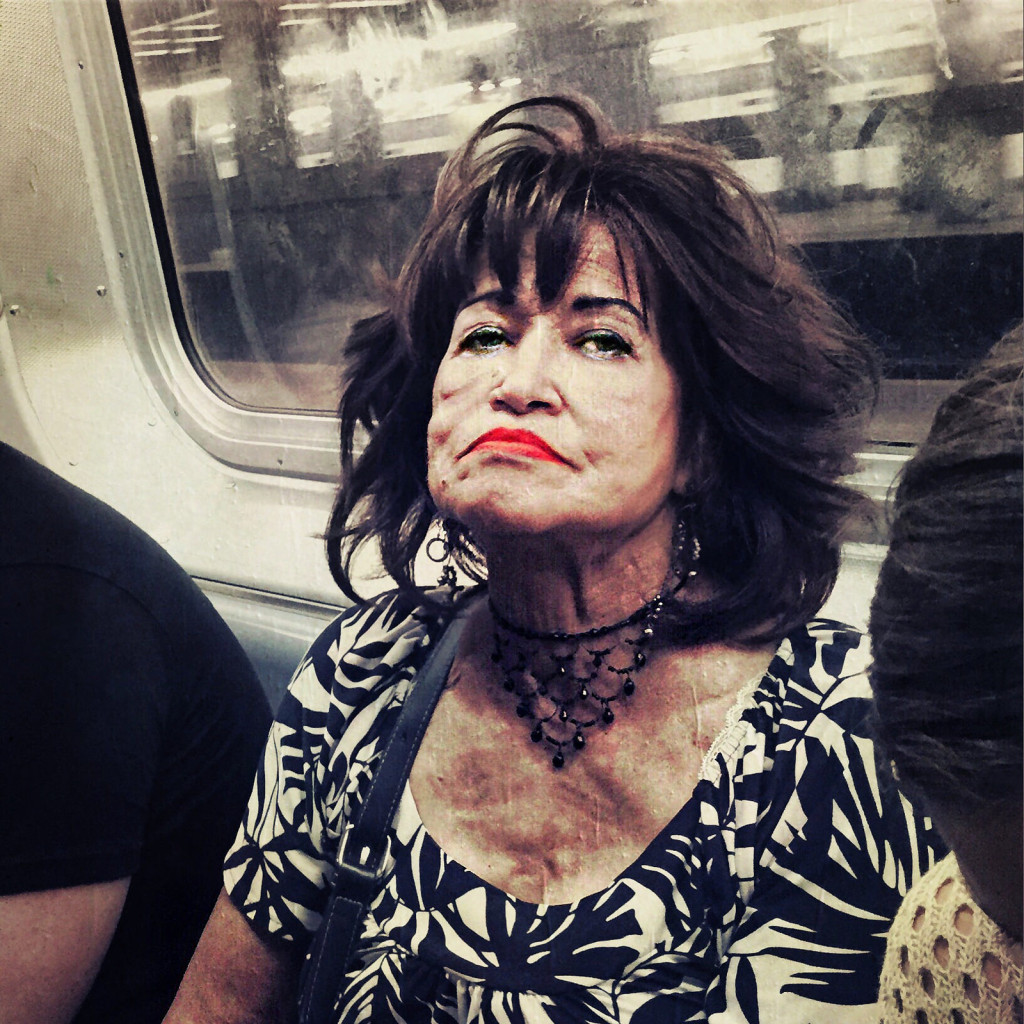
I was really pleased to see you win the Grand Prize in the 2014 Mobile Photography Awards. What did this mean to you personally?
Honestly, it meant the world to me. It has validated this craziness that has overtaken my life and provided encouragement to keep going.
If you had the opportunity to become a professional photographer, would it fill you with dread or with excitement? How important is the aspect of fun in what you do?
Ha! Love this question. A mixture of both. Excitement that I can spend even more time shooting, dread that I now have to produce for someone other than myself, someone who’s paying for results! The aspect of fun is very important to what I do, whether it be from shooting with like-minded people to the joys of a great capture. I would fear that the pressure to produce in a professional context may rob the process this sense of fun.
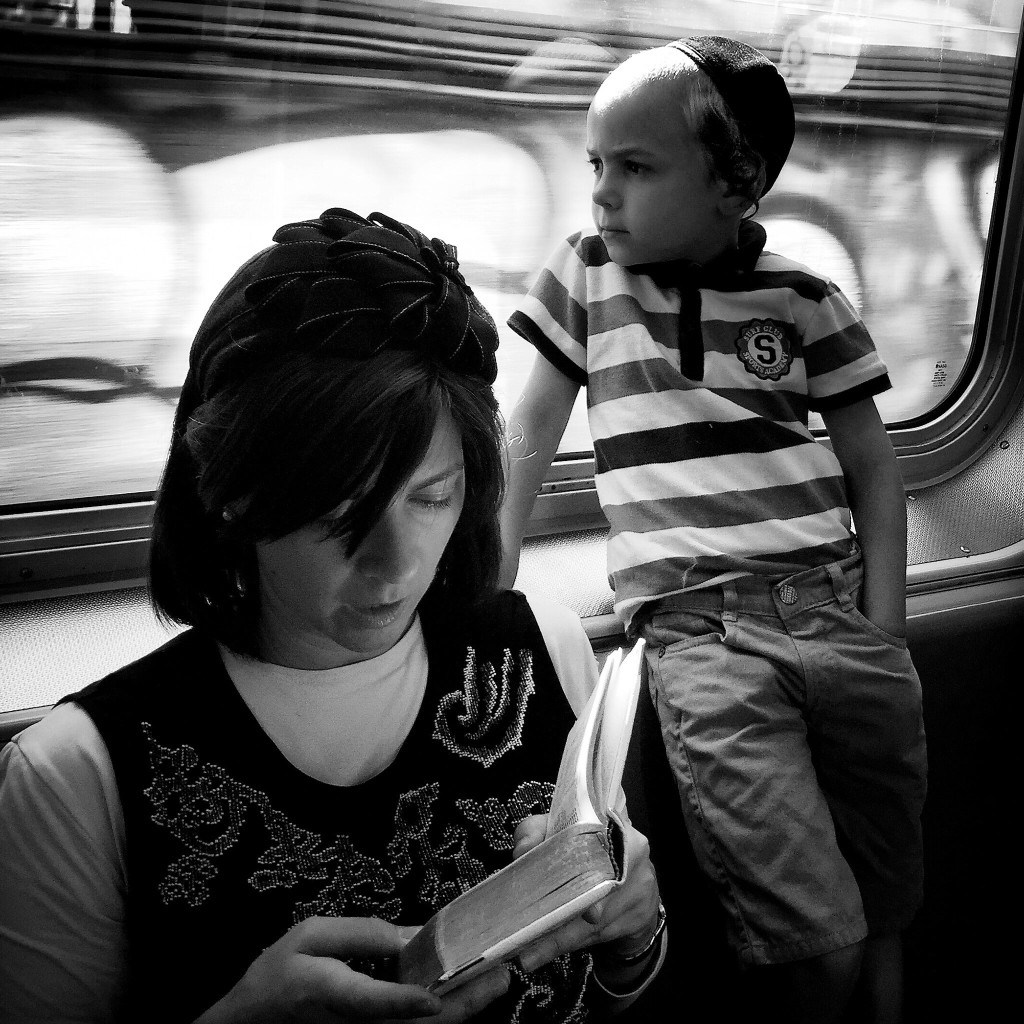
What do you consider to be the biggest mistake you learnt from in photography?
Make sure the flash is off and the sound is muted when shooting street! Also, always be ready – a sad camera is a camera in your pocket.
Is there still a mistake you make?
Yes, I still curse myself when I shoot too soon, before the moment is ripe.
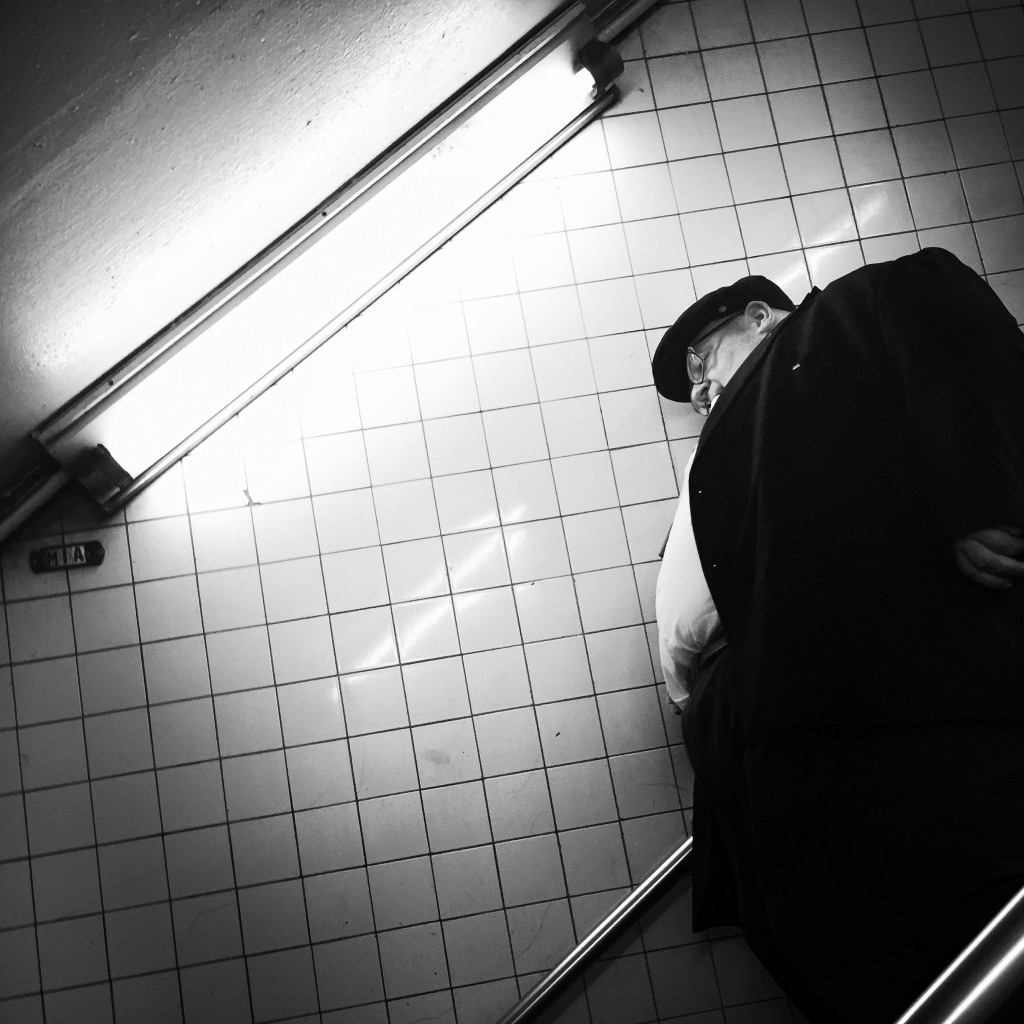
What do you feel you want or need to learn to improve in your photography?
I’m really a point-and-shoot kinda guy. I would love to get a better handle on the tech aspects of photography, so I can maybe expand a bit on the tools at my disposal. I would also love to be more aware of light when shooting – I look mainly for interesting subjects when I’m out, and am sure I miss many opportunities to make use of great light or lighting situations.
What do you look for in a scene?
What compels me to shoot is clear emotion, a distinct character or personality, and humor. Rare to get all three, but it’s happened.
How important is a human element in your photos?
Vital. Humans are what interest me. I really have no interest or demonstrated aptitude in other genres – landscape, still life, app-stacking, etc. Your question reminded me of the TV show that Woody Allen’s character writes for in Manhattan: “Human Beings, Wow!” That expresses how I feel about the human element very nicely.
Do you have boundaries in terms of the type of people or scenes that you shoot?
The only rule I have that I never follow is to not shoot people on their smartphones. There is something intrinsically aesthetically un-pleasing to me. That being said, I shoot them all the time and even post them if I like the shot.
Some people have the opinion that photographing people in public is intrusion. What’s your take on this?
It is perceived as an intrusion if the subject is aware and you are shooting without permission. I’ve noticed people shooting images that I am clearly a part of and it most certainly felt intrusive. It took all I had not to confront the shooters.
This gets to the heart of why I’m a mobile photographer – I don’t think I have either the courage or the stealth to shoot with anything but my iPhone. As long as the subject is unaware, I don’t feel it intrusive – what you don’t know can’t hurt you. It doesn’t, however, stop me from feeling creepy sometimes when shooting!

For many people, candid street photography can be hard as they fear the reaction people might have to being photographed. What has your experience of this been like?
I’ve been shooting for five years and, while I suspect many of my subjects see me shooting, I’ve only been confronted twice – once by a woman whose picture I was not taking (but was sure too after the accusation) and, more recently, by a very muscular, drunk parade-goer at the Puerto Rican parade. He accused me of shooting video, and when I explained that I was just taking photos, he backed down a bit. He still yelled insults at me, but the threats to kill me stopped. I found it odd that video was more egregious to him!
Now that I think about it, there was a third instance: the naked cowgirl in Times Square once called me an asshole.
What do you feel has helped you most to develop as a photographer?
Shooting every day, good or bad. Shooting all the time, every chance I get. The thousands of bad photos on my hard drive are a testament to any discernible development over the past five years. You can even see it in my flickr stream. I had started to delete old embarrassing photos I had uploaded but soon stopped because I realized that the stream really works as a timeline that charts my development as a photographer. I still have a long way to go, and hopefully five years from now I’ll look back at the images I post this year and cringe.
What advice would you give to an aspiring street photographer?
Have no expectations. Make sure your camera is ready to go at all times. Develop your awareness of what’s going on all around you. Stand on a street corner and see what comes to you. Walk aimlessly and see what you come across. Watch for behaviors that repeat, patterns in people’s movements. Project yourself into the immediate future, predict what comes next in the scene unfolding before you, and get ready to capture it. Have fun!
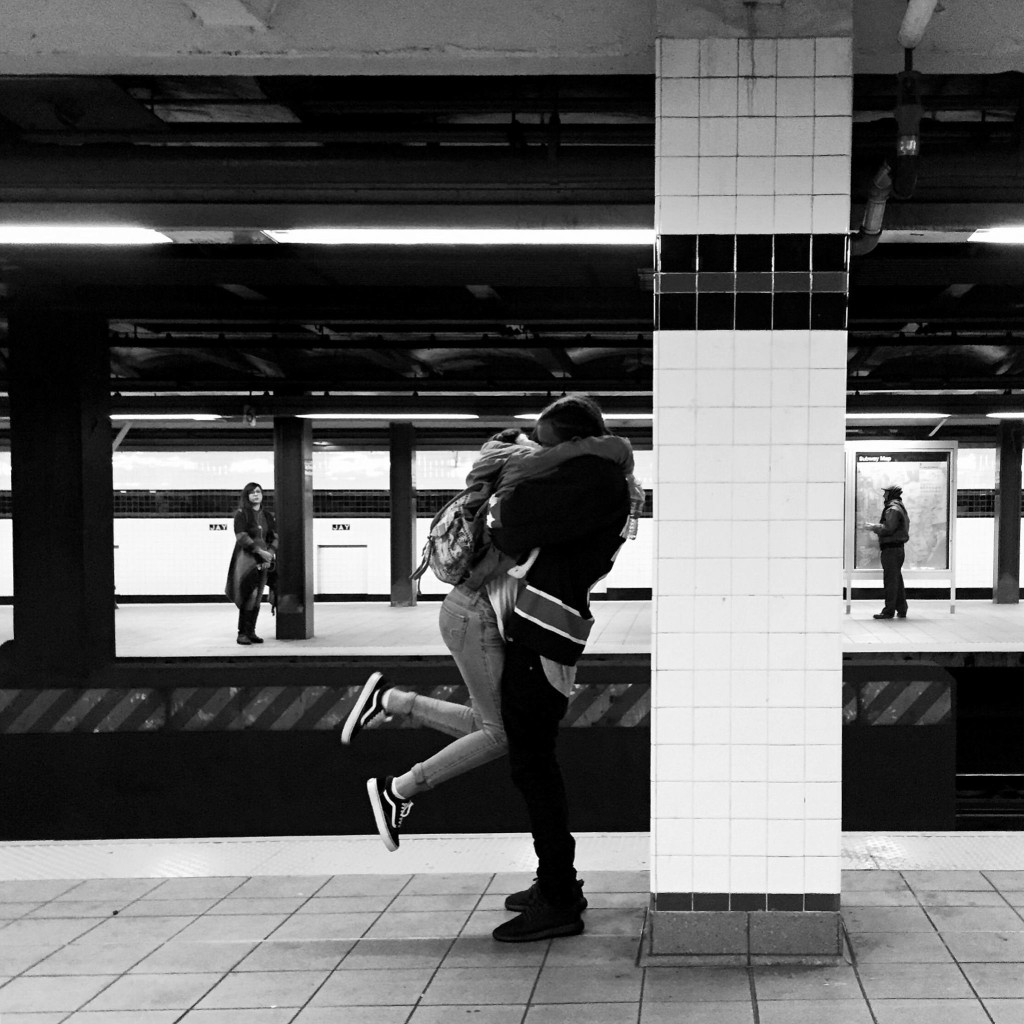
Who are the photographers you admire?
Diane Arbus, Bruce Gilden, Elliot Erwitt, Helen Leavitt, Vivian Maier, Saul Leiter, Arthur Tress. There are also many many mobile street photographers whose work I admire tremendously and seek out every day.
Where can people find your work?
I’m on Instagram, eyeem, 500px and twitter. I’m also on Flickr and Tumblr:
Is there something I have not asked that you would like me to ask you?
Yes, “Why the hell did it take so long for you to finish this interview?”
The best things in life are worth waiting for, Shel. Thanks so much for doing this interview, sharing your work and stopping me in my tracks when I look at it.
